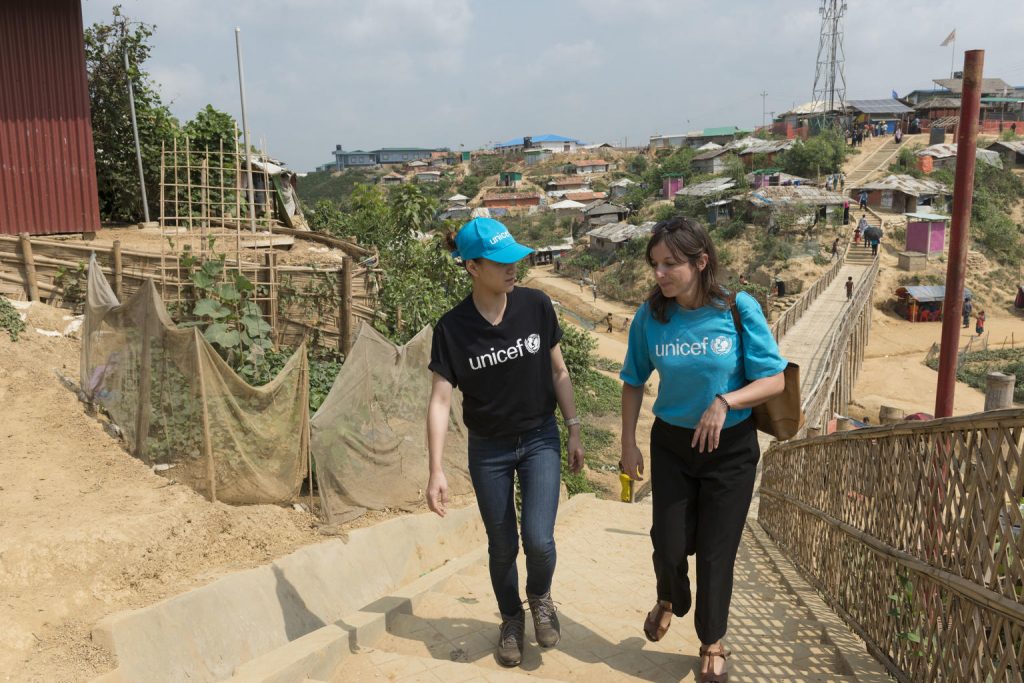The Rohingya population in Bangladesh is among the world’s most vulnerable communities. Currently, 400,000 children and their families live in the world’s largest refugee camp, Cox’s Bazar.
The heavily congested camp is in one of the poorest, most disaster-prone areas of Bangladesh and the Rohingya community are at high risk from a deadly COVID-19 outbreak.
On May 14th, devastating news broke that the first case of coronavirus had been diagnosed in Cox’s Bazar.
As with other refugee camps across the world, Cox’s Bazar has very limited health services, testing capacity, and medical staff equipped to deal with the type of surge of COVID-19 patients seen in Asia and Europe.
Many of the children living in the Cox’s Bazar already face dangers such as sexual exploitation, forced labor, child marriage, and human trafficking, and UNICEF is warning about the potentially devastating health impacts the coronavirus could have on their community.
Speaking to RTE’s Pandemic Podcast, Karen Reidy, UNICEF Communications Officer in Cox’s Bazar, describes the ongoing efforts to strengthen health care and treatment facilities in the camp amid concerns of a major COVID-19 outbreak.
You can listen to Karen’s interview here (from 27:40).



